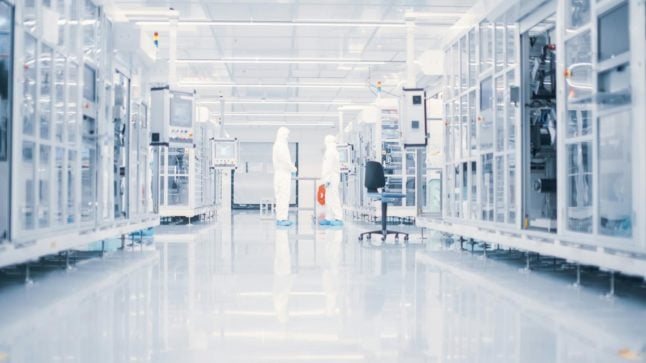“The transformation of Luleå is a major step on our journey to fossil-free steel production,” the company’s chief executive, Martin Lindqvist, said in a press release. “We will remove seven percent of Sweden’s carbon dioxide emissions, strengthen our competitiveness and secure jobs with the most cost-effective and sustainable sheet metal production in Europe.”
The new mini-mill, which is expected to start production at the end of 2028 and to hit full capacity in 2029, will include two electric arc furnaces, advanced secondary metallurgy, a direct strip rolling mill to produce SSABs specialty products, and a cold rolling complex to develop premium products for the transport industry.
It will be fed partly from hydrogen reduced iron ore produced at the HYBRIT joint venture in Gälliväre and partly with scrap steel. The company hopes to receive its environemntal permits by the end of 2024.
READ ALSO:
- Can this Swedish method revolutionise the steel industry?
- New fossil-free steel plant to be built in northern Sweden
- Sweden’s green transition head warns of ‘increasing risk’ from sceptics
The announcement comes just one week after SSAB revealed that it was seeking $500m in funding from the US government to develop a second HYBRIT manufacturing facility, using green hydrogen instead of fossil fuels to produce direct reduced iron and steel.
The company said it also hoped to expand capacity at SSAB’s steel mill in Montpelier, Iowa.
The two new investment announcements strengthen the company’s claim to be the global pioneer in fossil-free steel.
It produced the world’s first sponge iron made with hydrogen instead of coke at its Hybrit pilot plant in Luleå in 2021. Gälliväre was chosen that same year as the site for the world’s first industrial scale plant using the technology.
In 2023, SSAB announced it would transform its steel mill in Oxelösund to fossil-free production.
The company’s Raahe mill in Finland, which currently has new most advanced equipment, will be the last of the company’s big plants to shift away from blast furnaces.
The steel industry currently produces 7 percent of the world’s carbon dioxide emissions, and shifting to hydrogen reduced steel and closing blast furnaces will reduce Sweden’s carbon emissions by 10 per cent and Finland’s by 7 per cent.



 Please whitelist us to continue reading.
Please whitelist us to continue reading.
Member comments